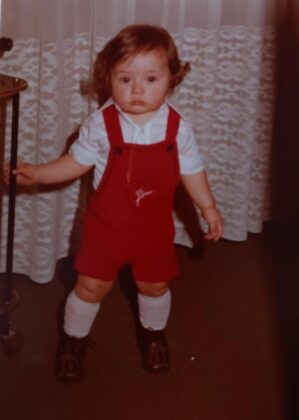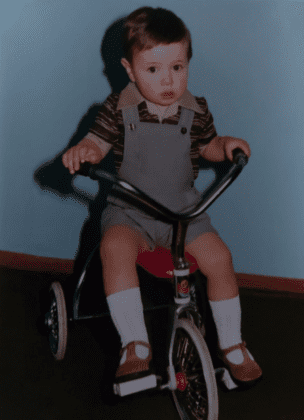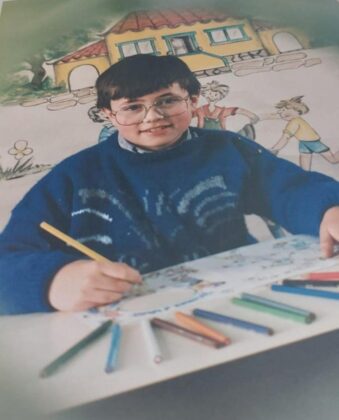 Interview with Paulo Alexandre Albuquerque Resende, Senior TV Director in Live HD of Abu Dhabi media company.
Interview with Paulo Alexandre Albuquerque Resende, Senior TV Director in Live HD of Abu Dhabi media company.
– When and where were you born? Can you also tell us about your parents?
Paulo: I was born in 1979 in Lisbon, Portugal. I lived at Lisbon outskirts till 18 years old. And then I went to the Porto to study Television and cinema at the University. That’s also where I got married, and I stayed there till 2009. My father was a Telecommunications Aeronautical Engineer, working in Lisbon airport while my mother stayed with us at home. I believe my mom had the hardest job in the world because she had to take care of the kids and run the house.
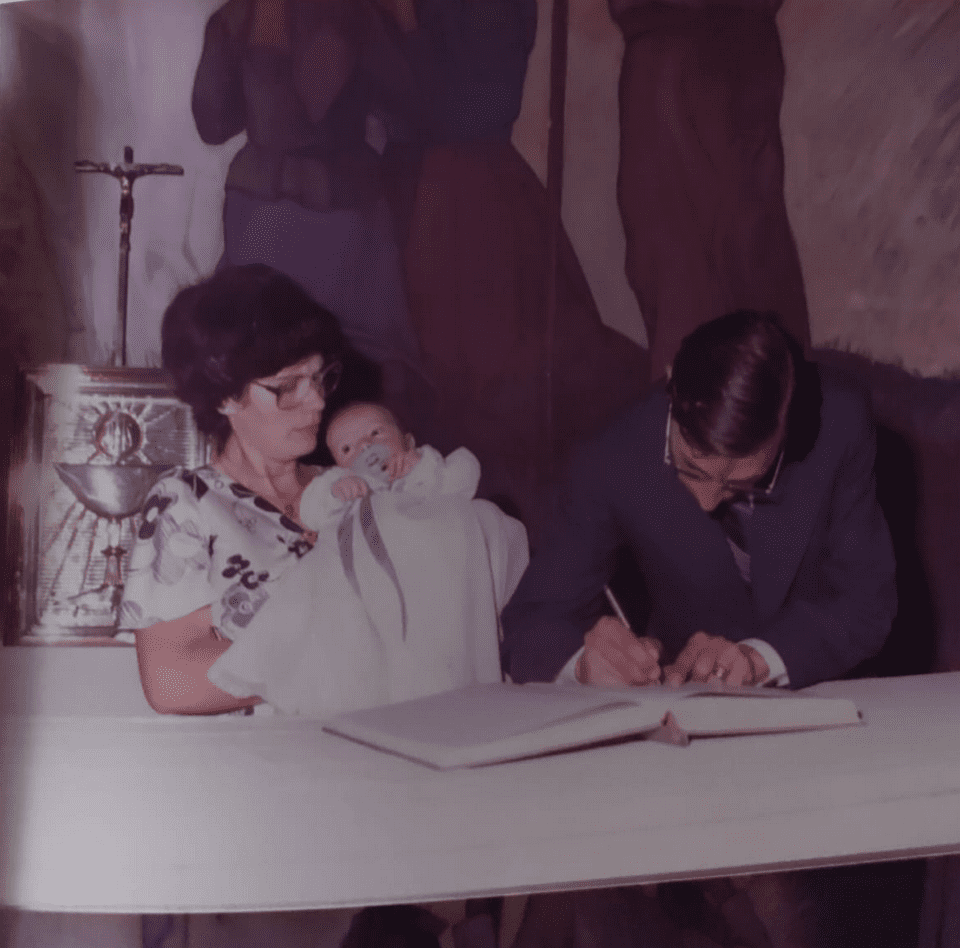
– How many brothers and sisters did you have?
I have one sister.
– Can you tell us about your schooling days?
I’ve always loved television since I was a child. I studied in Lisbon until the age of 18. From ages 15 to 18, I have chosen television and cinema professionalcourse at secondary school.
– Does Lisbon have a special school for film and cinema?
Yes, it’s António Arroio Secondary Arts School that specializes in all applied arts. In the school, you can either choose to graduate and work in a company that would hire you or continue to a higher level.
– Who chose this school?
I did. And it was not easy because the school was at Lisbon city centre,and it took about an hour to get to school every day.

– An hour to and fro?
It takes an hour to get there and an hour to return. We lived 30km away from Lisbon at that time. It was a big step for me and my parents because I was quite young, and Lisbon is a big city. I loved going to the school, and I was quite fortunate that my parents supported me.
– Was it a private or public school?
It was a public secondary school. In Portugal, we have three levels of education:primary, secondary, and university. I remember the moment that sealed my passion for TV and cinema was when I was 8 years old. My grandfather bought a camera, just a normal camera to capture family moments. This camera got me so excited that ever since then I developed an interest in all things related to it.
– Your story reminds me of Goldberg, the US family sitcom, where a young boy who loved to record family stories in his early years grew up to make a sitcom about his life.
I’ve never seen it. I think I’ll check it out because it sounds familiar. As I mentioned my grandfather bought the camera and the funny thing was that it was sort of a surprise. As a child who grew up in Lisbon back then, I loved TV and there were only 2 channels on TV. Then at my sister’sbirthday party, my grandfather brought out a camera to take some shots of the family. I believe that that moment put me on the path of doing something related to TV. Without that moment, I may not be where I am today. In school, I was somewhat different from other students who had to do their homework on paper because my homework was done in video.
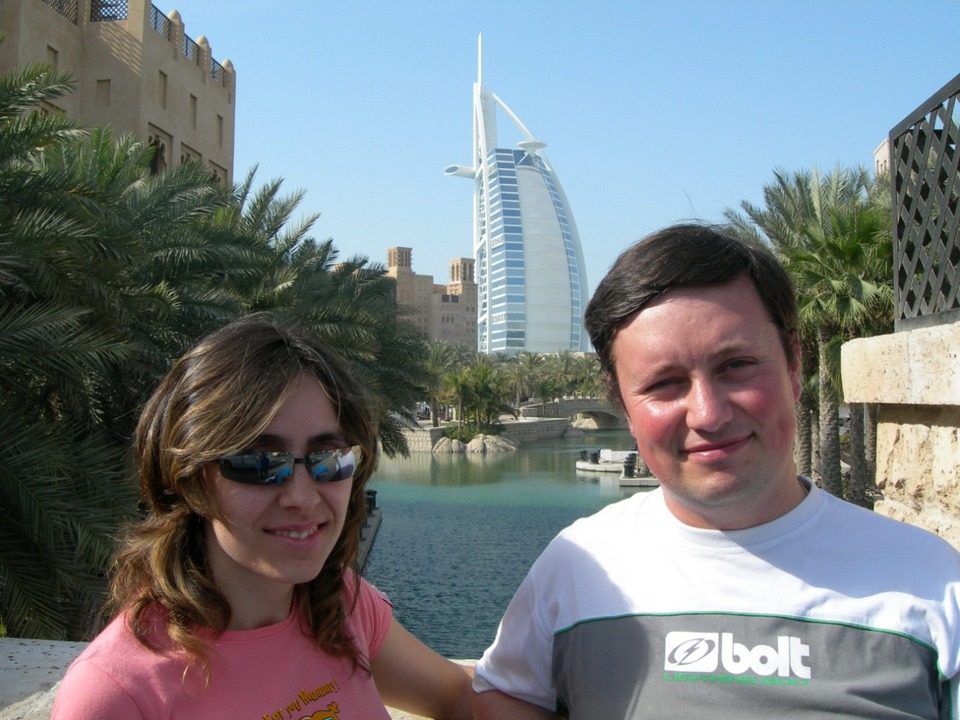
– What was your grandfather’s occupation?
Like my father, he also worked at the airport, in the same department.
– By going into TV, you broke the tradition of working as an airport engineer.
Not entirely, I have an uncle and a cousin working in TV. In a way, my family occupation is a mix of art and science.
– What were your favourite subjects in secondary school?
I liked history and art-related subjects, but I didn’t like mathematics very much.
– I must ask, did you like football?
When I was younger, I liked to play football. But as I grew older, I preferred to watch. If you ask me, now because of my work, though I enjoy the matches, while watching a match, half of what I do is to try to see from the standpoint of the TV director. So now it seems like the magic is gone from football, I can never totally disconnect from work.
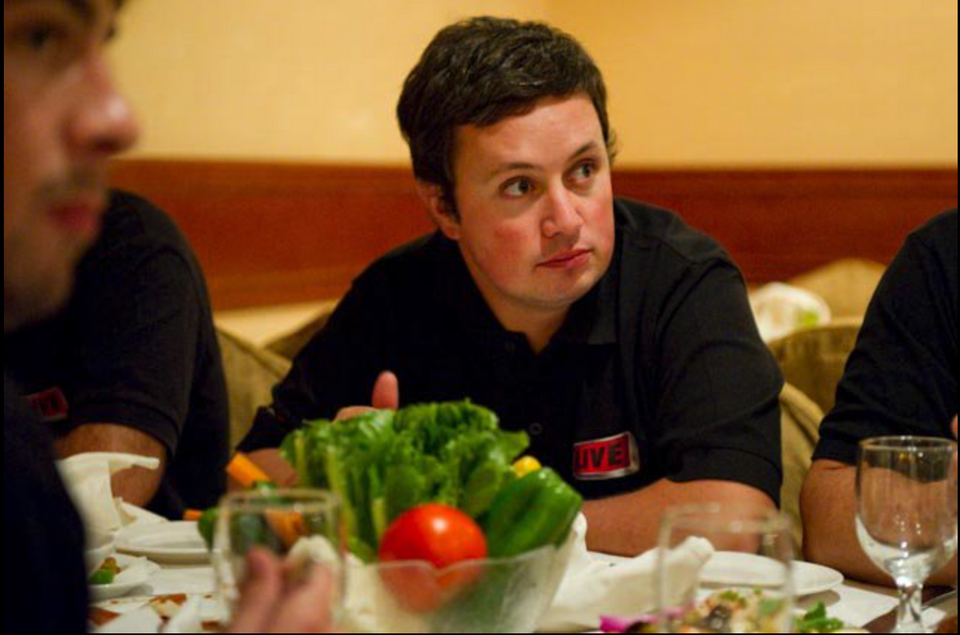
– Why did you choose to go to Porto after secondary school?
I was a relatively good student, so I had two options; to go work at a TV channel affiliated with the school or continue into a higher institution. I was excited to join the TV channel, but my parents were hesitant. They wanted me to follow up on my education. Back then my parents pressured me into continuing into a higher institution first so that I could have the option to choose what I wanted to do when I grew up. When I began to enquire about the universities that offered cinema courses, I had only two options; the first was in Lisbon while the other one was in Porto. At that moment, Porto was the most practical choice because the school had a better course. So, I moved to Porto for my university education.
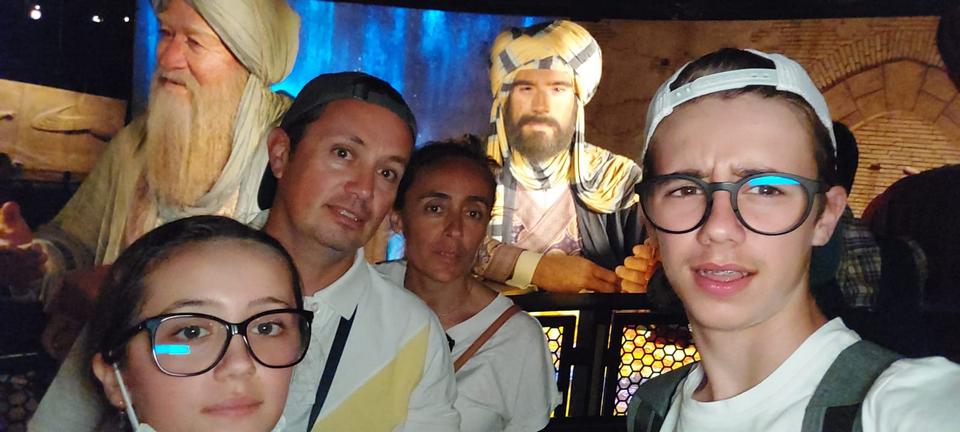
– Who paid for your university education?
My parents did. Though back then it seemed as though they pressured me into doing it. Now when I look back, I can say that it was the best option.
– Lisbon is a fantastic city and I hear Porto is more magical?
Yes, Porto is quite magical. Lisbon is the capital and the biggest city; Porto is the second largest city in Portugal but with a village feeling. For me, I believe that the people in Porto are more warm and friendly. For example, if you get lost in Lisbon you might be lucky enough to see a passer-by who will give you directions. But in Porto, the passer-by will not only give you directions, they will personally guide you there.
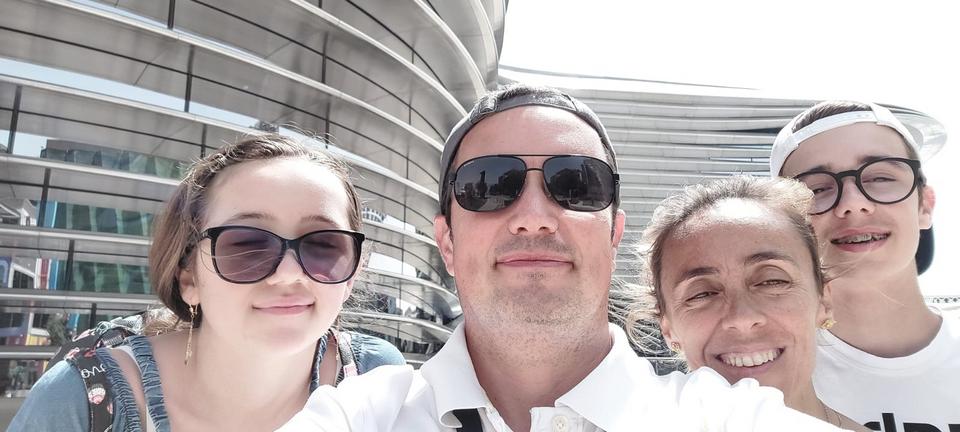
– What was it like living in Porto?
At first it was difficult because back home I was usually with my sister. I became homesick. It was also hard for those at home because I couldn’t visit as much.
– What impact did the university have on your life?
It opened the door to contacts that allowed me to join MediaLuso, a company from Mediapro Group. In terms of studies, the university course content was very similar to secondary school. More important than the qualification, the university gave me connections. A teacher of mine who worked for MediaLuso liked the way I conducted myself and from there, she invited me for some small jobs, on which led to me,to join the company team.
– Was at MediaLuso your first job?
Yes, my first job was working through my teacher, who was a MediaLuso producer, three months after I graduated. Since that day, I worked as a freelancer for some years, butalways toMediaLuso.
– How long did you work as a freelancer?
I think I have spent 90% of my life working as a freelancer because in MediaLuso Portugal, most of the crew were freelancers.
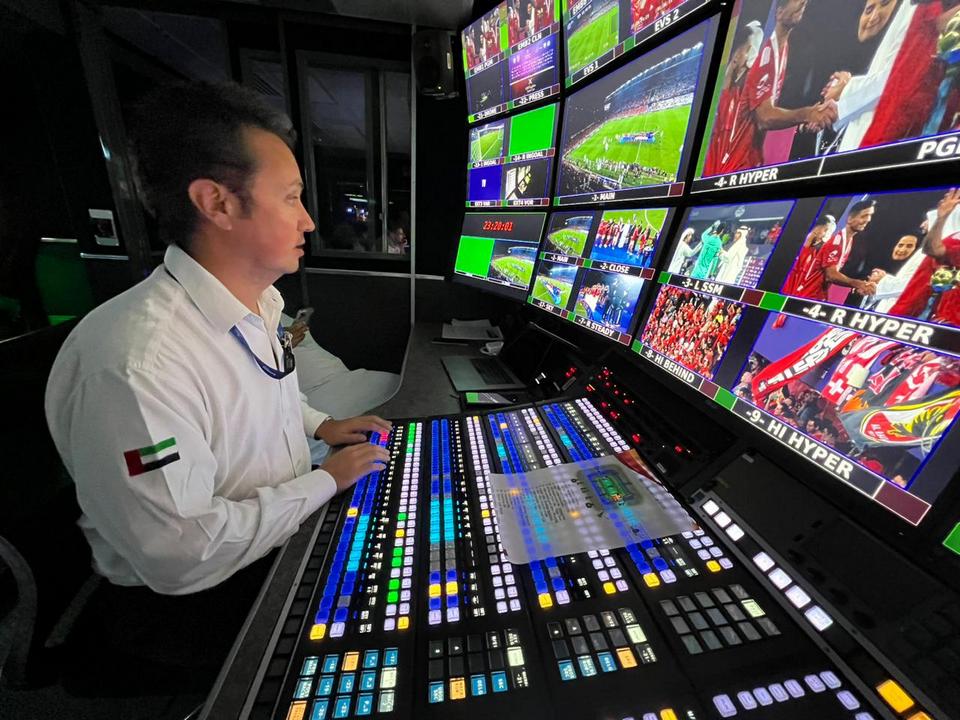
– What position did you hold?
I entered as a camera assistant. Then sometime later, when the position of EVS operator opened, I started working as an EVS operator.
– Where did you work, Lisbon or Porto?
We were here and there because the team covered jobs all over the country, majorly football. So, we followed them wherever. My first job as a professional was a futsal match.
– Do you remember your first day? Were you nervous?
I was nervous when my teacher asked me if I wanted to go and see, and maybe help with a futsal match. I was more excited than nervous. I remember it was a raining day. It was an experience that made me sure that it was my calling.
– How developed was your career afterwards?
After that, I started working as an EVS operator. I kept pushing until I had the chance to do a lot of international work. I worked at AFCAN 2002, UEFA Euro in 2004 and FIFA 2006 as an EVS operator. At this point, I was not only learning about how to operate the machine but the technology behind the machine. I began to doubt whether to continue as a Evs operator or become a video engineer. We had opportunities to learn in the company. The operators and engineers worked side-by-side for hours at a time with our jobs interlocking sometimes. I was also interested in understanding how the equipment works.
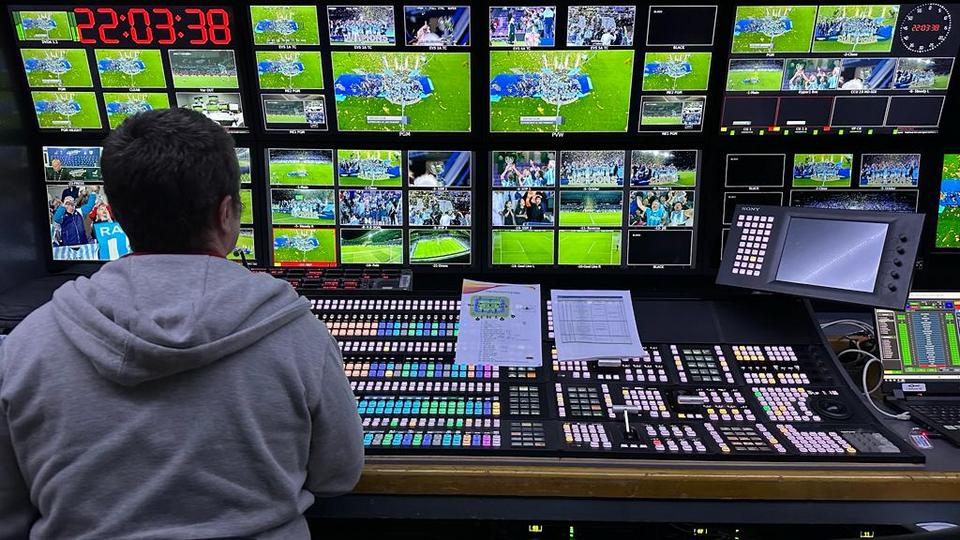
– What did you do about the doubt you had?
At that point when I was in doubt, a spot opened in MediaLuso for a TV director. The position was along the lines of the experience that I had as an EVS operator. So, when they offered me the position, I accepted it. When I accepted the offer, I had to step back from engineering.In the large events I worked as an EVS operator, but I took on the role of a TV director in smaller productions. Gradually, I started doing more directing than working as an operator.
– What has been your main achievement in your professional career?
My biggest achievement was to reach heights I’ve never expected to reach. One of the challenges I had was moving to the UAE. I was far from home, and the first few months were difficult for me. The first time I came to the UAE, I came through MediaLuso as a TV director. It was difficult for me because the client put a lot of pressure on me to produce results, and it was difficult for me to adjust to the whole scene. In UAE, clients demand high quality and you are expected to give as is demanded, which is quite different from what is obtainable in Portugal. It was a challenging experience but I also think it helped me to grow more than I would if I were still in Portugal. This is why I think coming to the UAE was the biggest achievement of my career.
– Do you still live in the UAE?
Yes.
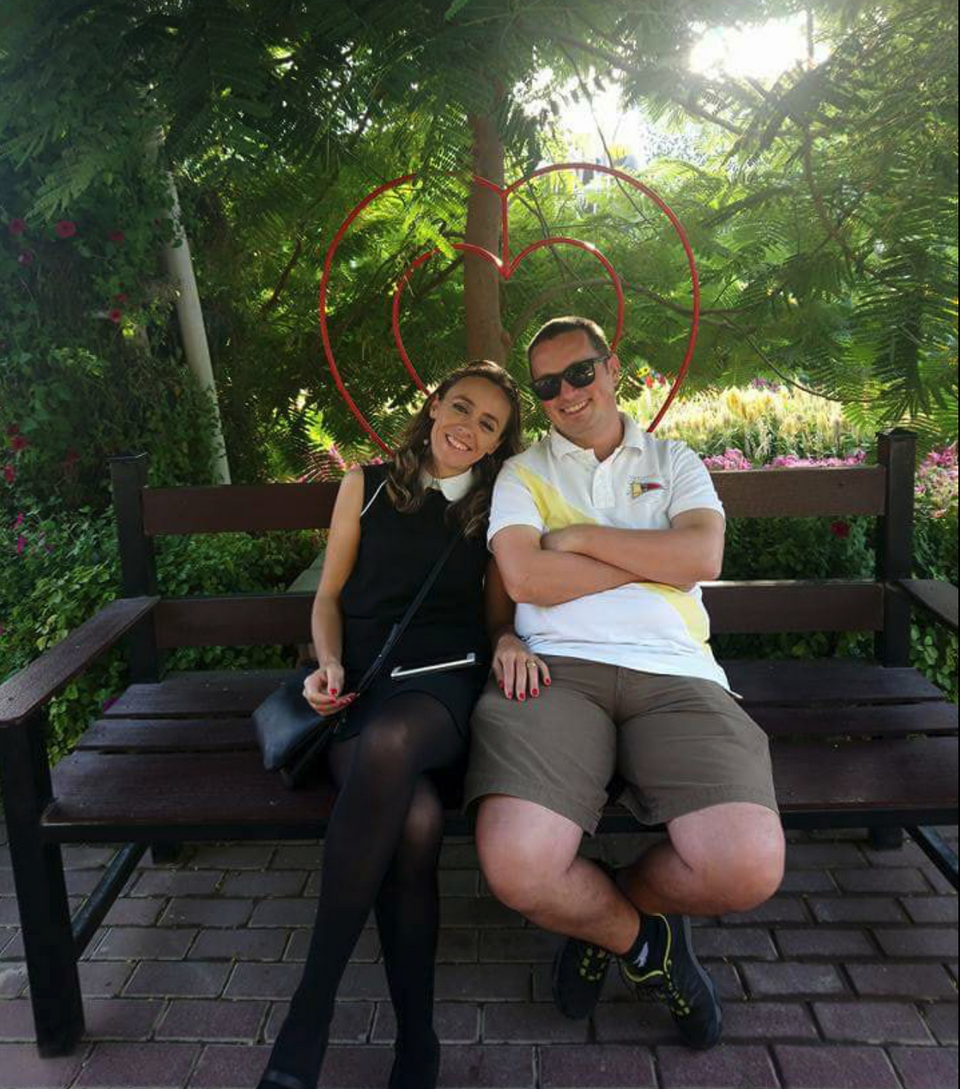
– When did you choose to move to the UAE and why?
It was in 2009. MediaLuso made an Agreement with Live HD – Abu Dhabi media to cover the UAE championship. After they signed the contract, they invited me to come lead the project. A colleague of mine at MediaLuso did the work in the first year. He didn’t renew the contract so, I replaced him in the second year. At first, I was hesitant to come because I was doing well for myself at a small TV channel in Porto city. They asked me to come. I made the decision to only stay for a year but here I am and it’s almost 15 years.
– How were you able to manage the difference in culture, tradition, and the general way of life in Portugal and the UAE?
Though it was different, one of the main concerns then was bringing my family over. It became easier when my wife joined the adventure. In terms of culture, it is quite different, but we’ve always felt welcomed here. My childhood had already prepared me for staying far away from my family, so I was able to adjust smoothly.
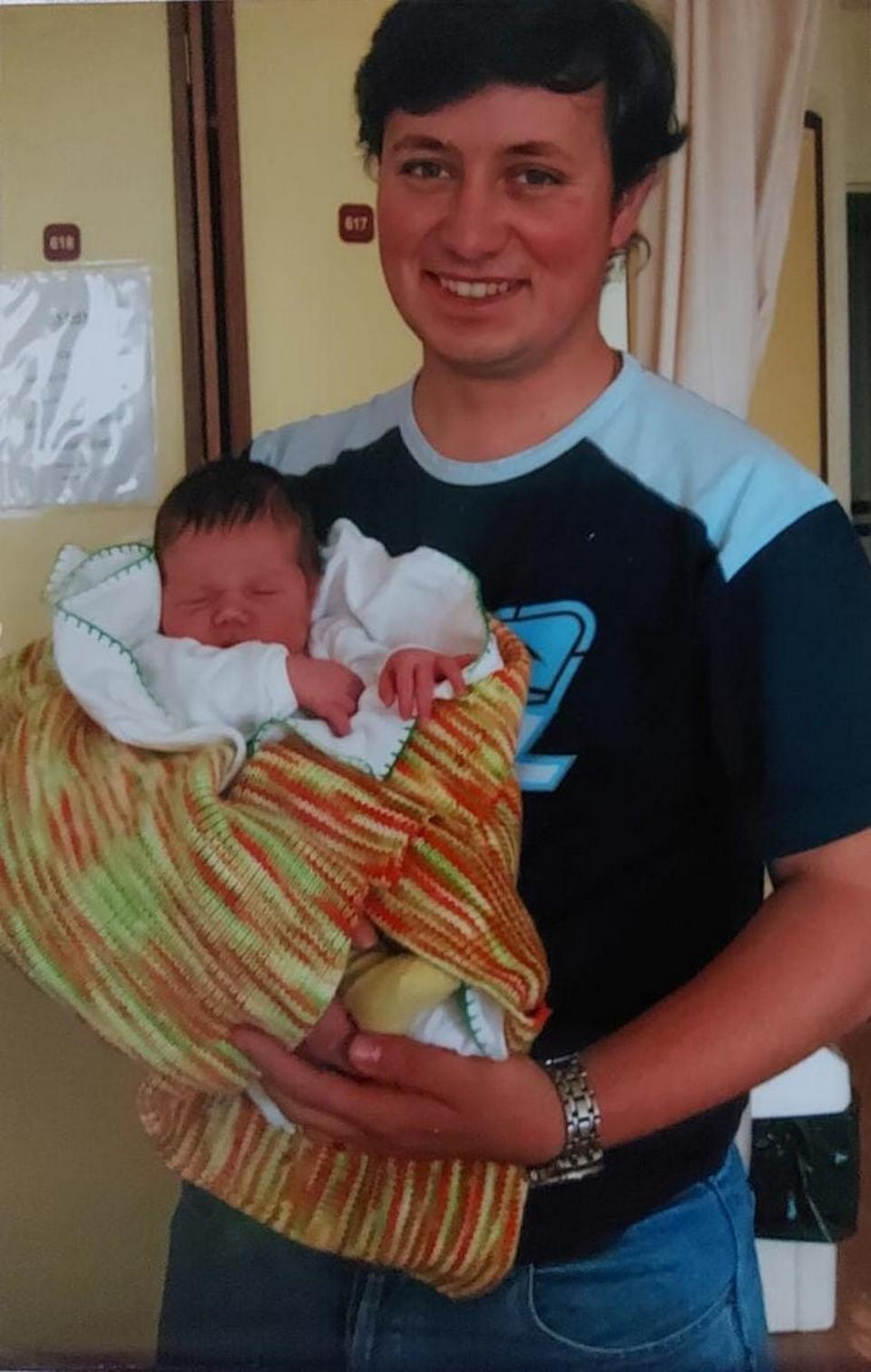
– What was your wife’s occupation before she moved to the UAE?
She was an architect. The boom in the economy and architecture in the UAE was one of the things that spurred us to move to the UAE.
– It’s common for people in television and media to find a spouse within the industry. How did you find a spouse outside of the industry if you don’t mind?
The University I attended in Porto is a university of arts. The main courseswere TV and cinema, Architecture, Photography, Designand Theatre. We studied and met in the same University. One thing led to the other and we got married.
– Do you have any kids?
We have two kids. Filipe is 15 while Leonor is 11. Filipe moved to the UAE with us at the age of 2 and Leonor was born in the UAE.

– In what city do you live in the UAE?
Now, I live in Abu Dhabi. But in the first five years, we lived in Dubai. The kids have lived all their lives here, but they are also excited to return to Portugal because we always spend the annual vacations there in the summer, where they are always happywhen wemeetthe closest family and play with their cousins.
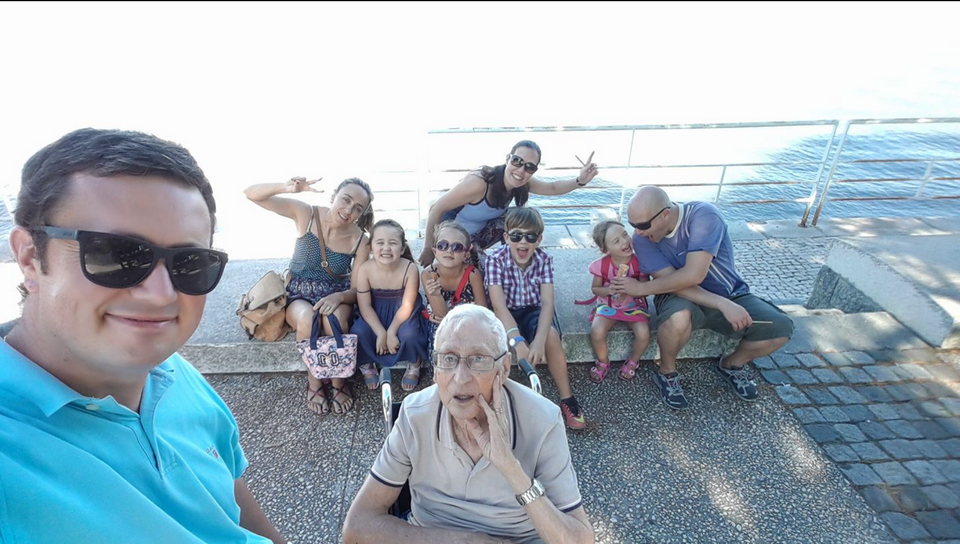
– Do you suppose Filipe will follow in the Airport engineer route or also become a TV professional?
He has his interests, and I will not interfere in whatever he chooses to become. I think TV life can be quite stressful but if that’s his choice, I will support him. At the end, I believe he needs to have the option to choose as I did.
– What position do you currently hold?
Now I work at Abu Dhabi media. I am a Senior OBDirector, but I’m also dedicated to the projects the company is working on. Most of my job involves planning than being in front of the mixer. I do the big productions and also work in management.
– What is the total number of staff in your company?
Currently, I’m not sure of the exact number but I can say that my team, who I manage daily has about 80 persons including cameramen and EVS operators. We are the main team involved in the UAE Pro League.
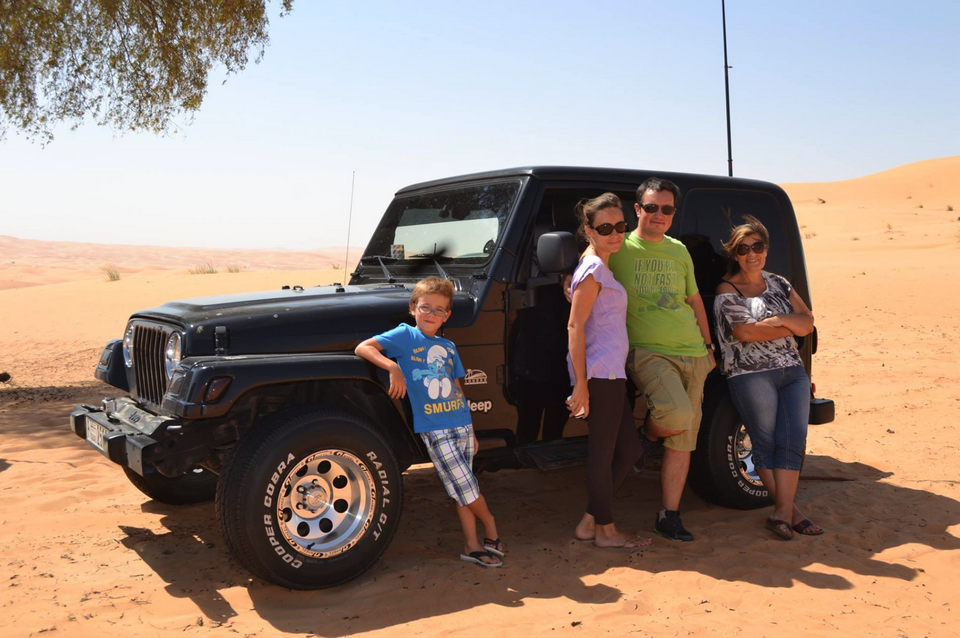
– How many events are you covering?
Now we have many events. But daily, we cover most of the sports events in UAE and occasionally some special events too.
– Thank you so much for your time, Paulo!


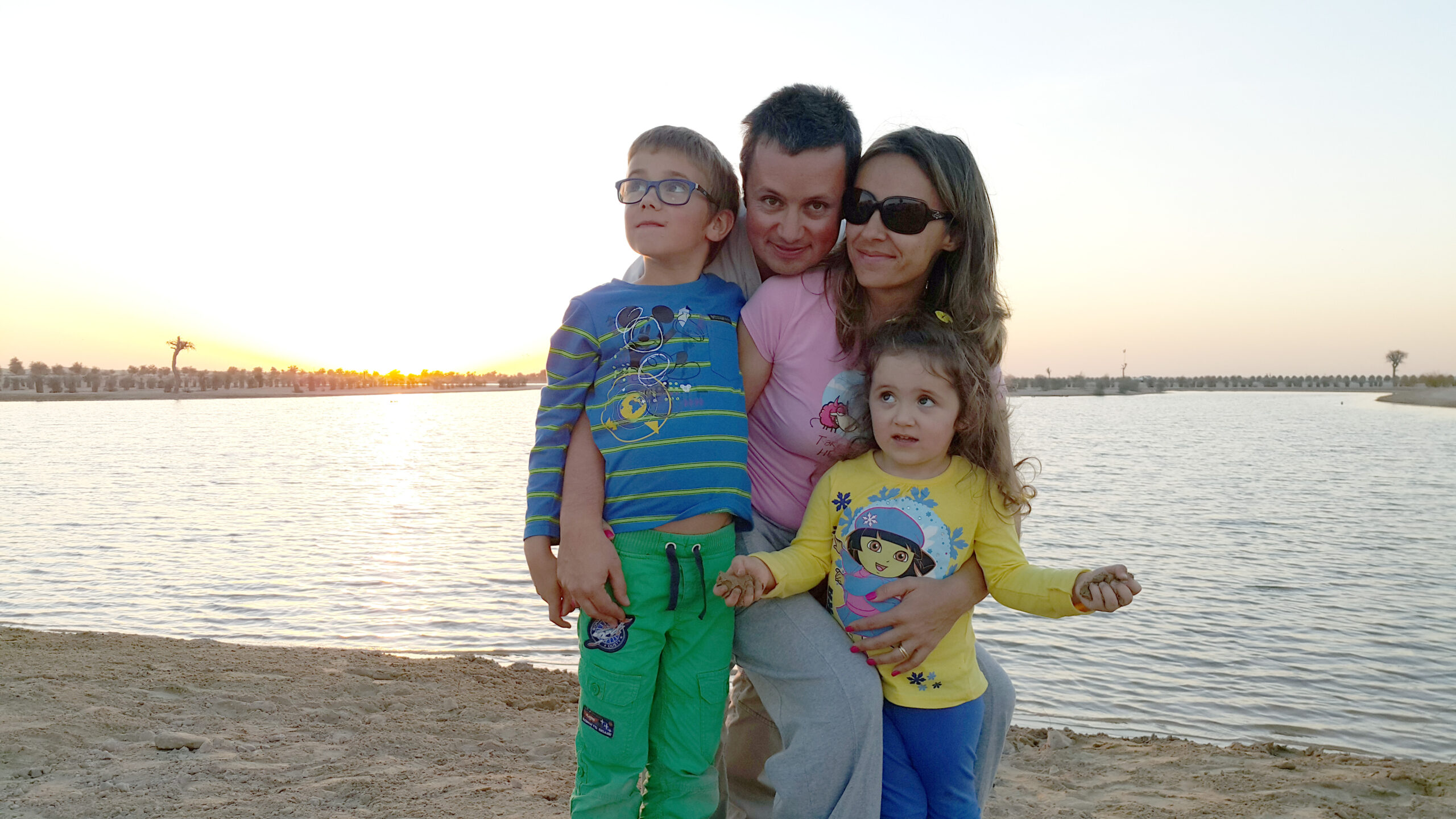 Interview with Paulo Alexandre Albuquerque Resende, Senior TV Director in Live HD of Abu Dhabi media company.
Interview with Paulo Alexandre Albuquerque Resende, Senior TV Director in Live HD of Abu Dhabi media company.